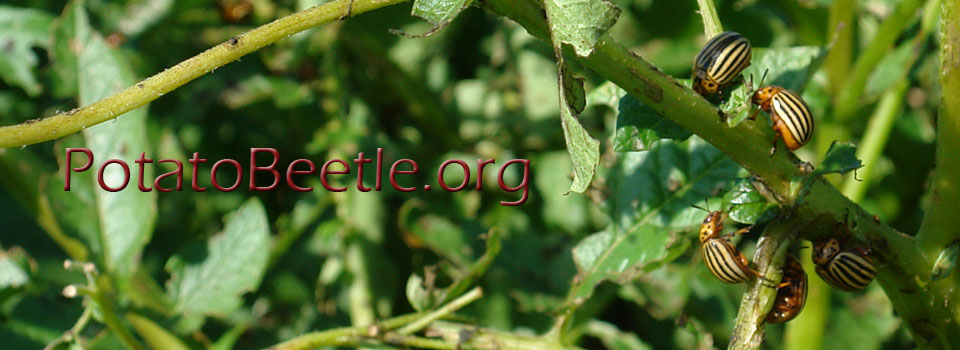Gaddelapati SC, Kalsi M, Roy A, Palli SR. Insect Biochem Mol Biol. 2018;99:54-62. doi: 10.1016/j.ibmb.2018.05.006.
The Colorado potato beetle (CPB), Leptinotarsa decemlineata developed resistance to imidacloprid after exposure to this insecticide for multiple generations. Our previous studies showed that xenobiotic transcription factor, cap 'n' collar isoform C (CncC) regulates the expression of multiple cytochrome P450 genes, which play essential roles in resistance to plant allelochemicals and insecticides. In this study, we sought to obtain a comprehensive picture of the genes regulated by CncC in imidacloprid-resistant CPB. We performed sequencing of RNA isolated from imidacloprid-resistant CPB treated with dsRNA targeting CncC or gene coding for green fluorescent protein (control). Comparative transcriptome analysis showed that CncC regulated the expression of 1798 genes, out of which 1499 genes were downregulated in CncC knockdown beetles. Interestingly, expression of 79% of imidacloprid induced P450 genes requires CncC. We performed quantitative real-time PCR to verify the reduction in the expression of 20 genes including those coding for detoxification enzymes (P450s, glutathione S-transferases, and esterases) and ABC transporters. The genes coding for ABC transporters are induced in insecticide resistant CPB and require CncC for their expression. Knockdown of genes coding for ABC transporters simultaneously or individually caused an increase in imidacloprid-induced mortality in resistant beetles confirming their contribution to insecticide resistance. These studies identified CncC as a transcription factor involved in regulation of genes responsible for imidacloprid resistance. Small molecule inhibitors of CncC or suppression of CncC by RNAi could provide effective synergists for pest control or management of insecticide resistance.
